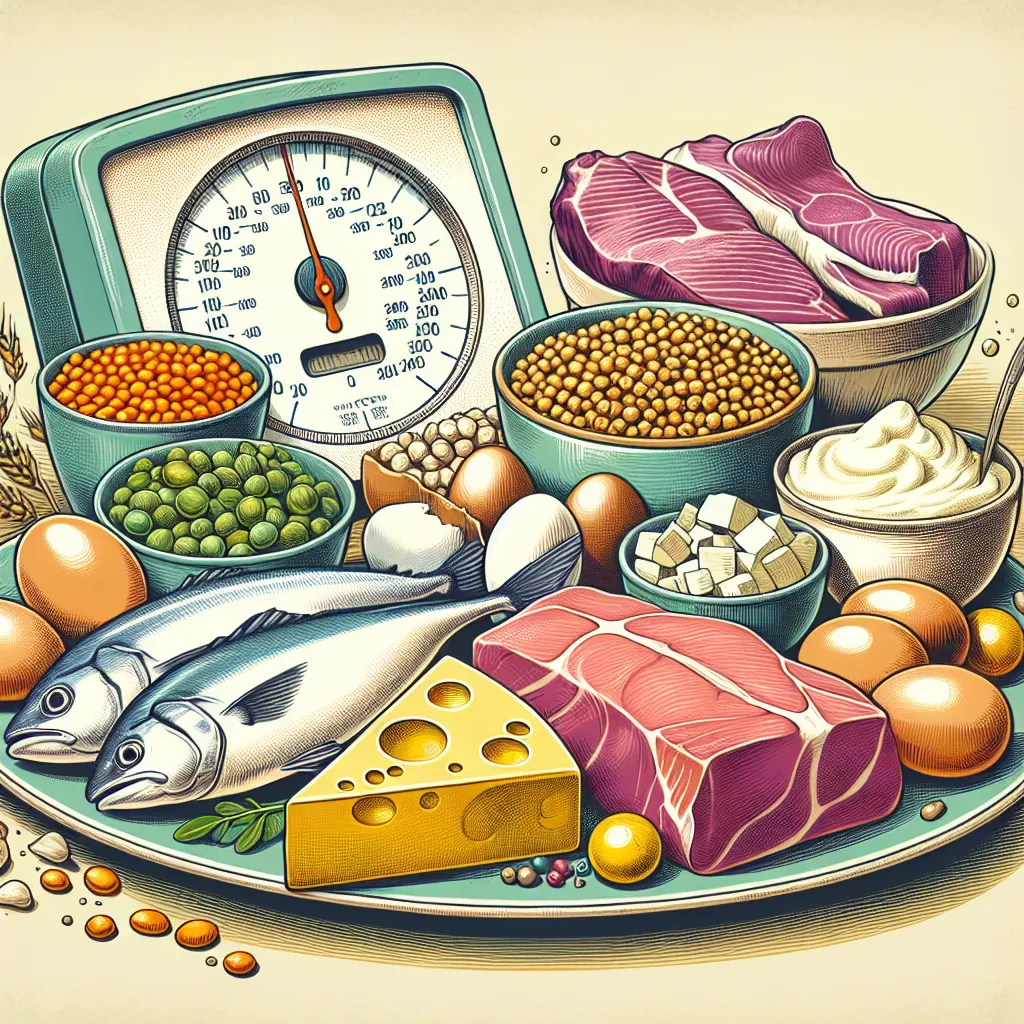Protein intake is a crucial concept in nutrition and health, often appearing in IELTS exams. Let’s dive into this important term to enhance your vocabulary and boost your IELTS performance.
Definition and Pronunciation
Protein intake (noun)
/ˈproʊtiːn ˈɪnteɪk/
Definition: The amount of protein consumed through diet or supplements, typically measured in grams per day.

Context and Usage
Examples in Context
-
“Protein intake is essential for muscle growth and repair after intense workouts.”
Analysis: This sentence highlights the importance of protein for athletes and fitness enthusiasts. -
“Nutritionists recommend adjusting your protein intake based on your age, weight, and activity level.”
Analysis: This example emphasizes the personalized nature of protein requirements. -
“Vegetarians need to carefully plan their protein intake to ensure they meet their nutritional needs.”
Analysis: This sentence addresses the specific concerns of those following plant-based diets. -
“Excessive protein intake can put strain on the kidneys and liver, especially in individuals with pre-existing conditions.”
Analysis: This example warns about potential risks of overconsumption, demonstrating the balanced approach needed in nutrition discussions. -
“Recent studies suggest that spreading protein intake evenly throughout the day may be more beneficial than consuming it all at once.”
Analysis: This sentence introduces a nuanced approach to protein consumption, reflecting current nutritional research.
Common Contexts
“Protein intake” is frequently discussed in contexts related to:
- Nutrition and dietetics
- Sports and fitness
- Weight management
- Medical research
- Food science and technology
Relevance in IELTS
In IELTS exams, “protein intake” may appear in:
- Reading passages about health, nutrition, or sports science
- Listening tasks featuring discussions on diet or fitness
- Writing Task 2 essays on topics related to health and lifestyle
- Speaking Part 3 questions about diet and nutrition trends
Vocabulary Analysis
Word Structure
- Protein: A noun derived from the Greek “proteios” meaning “primary” or “first place”
- Intake: A compound noun formed by “in” + “take”
Synonyms and Related Terms
- Protein consumption
- Dietary protein
- Protein absorption
- Nutrient intake
- Macronutrient consumption
Antonyms and Contrasting Concepts
- Protein deficiency
- Malnutrition
- Carbohydrate intake
- Fat consumption
Memorization Techniques
Mind Mapping
Create a mind map with “protein intake” at the center, branching out to related concepts:
- Sources (meat, dairy, legumes, supplements)
- Benefits (muscle growth, satiety, enzyme production)
- Measurement (grams per day, percentage of total calories)
- Factors affecting needs (age, activity level, health conditions)
Memorable Phrase
“Proper Protein Intake Promotes Peak Performance”
This alliterative phrase links protein intake to its benefits, making it easier to recall in context.
Practice Exercises
Exercise 1: Sentence Completion
Complete the following sentences using “protein intake” or related terms:
- Athletes often increase their __ to support muscle recovery.
- Monitoring __ is crucial for patients with kidney disease.
- Plant-based diets can provide adequate __ when properly planned.
Exercise 2: IELTS Writing Task 2 Practice
Write a paragraph discussing the importance of balanced protein intake in a healthy diet. Use at least three related vocabulary terms introduced in this lesson.
Exercise 3: IELTS Speaking Practice
Prepare a one-minute response to the following question:
“Do you think people in your country are generally aware of the importance of protein in their diet? Why or why not?”
Conclusion
Understanding “protein intake” and its related vocabulary is crucial for success in the IELTS exam, particularly in tasks involving health, nutrition, and lifestyle topics. By mastering this term and its context, you’ll be better equipped to comprehend complex passages, articulate your ideas in writing, and engage in nuanced discussions during the speaking test.
Remember to practice using this vocabulary in various contexts, and don’t hesitate to explore related concepts like caloric intake and macronutrient ratio to further expand your nutritional vocabulary for IELTS.
We encourage you to share your experiences with learning and using this vocabulary in the comments section below. How has understanding “protein intake” enhanced your IELTS preparation? Do you have any questions about applying this term in different IELTS tasks?